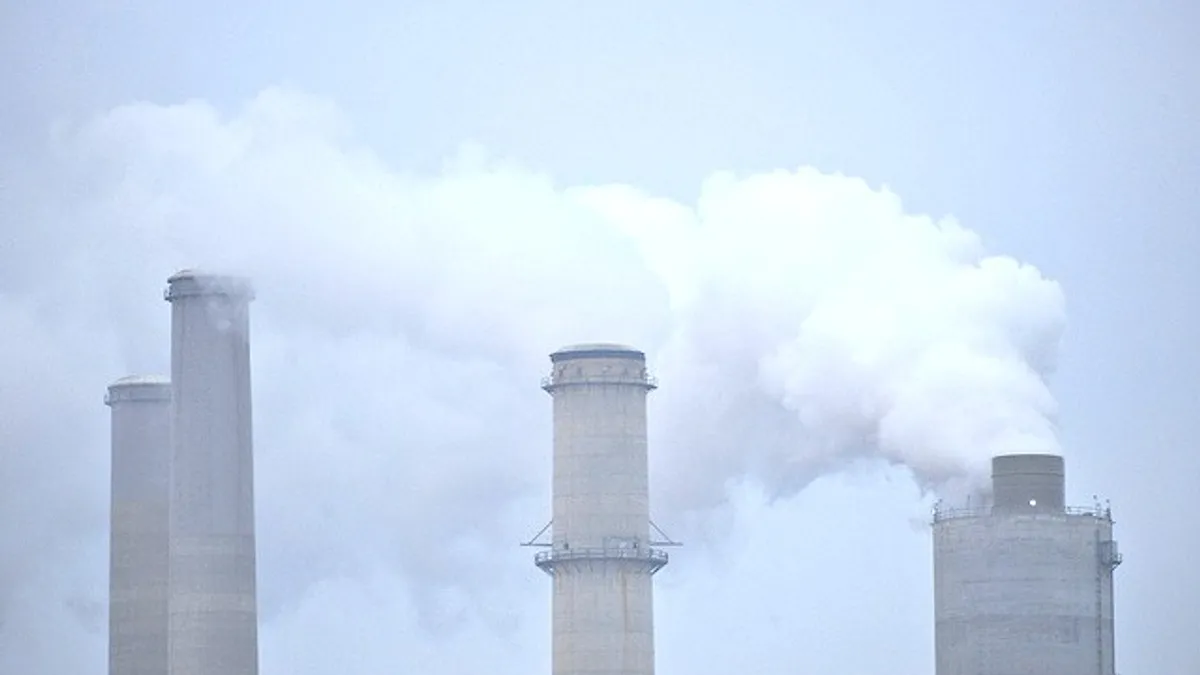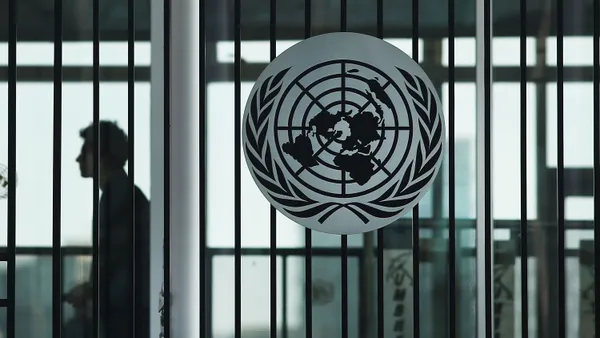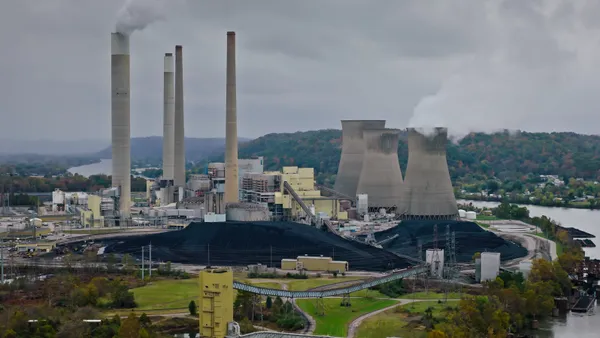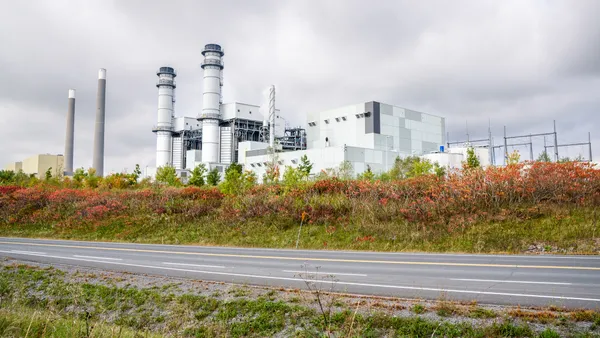Dive Brief:
- The U.S. Environmental Protection Agency will grant state extensions on Clean Power Plan compliance with relative ease, Bloomberg BNA reports, with the requirements intentionally left low in anticipation of the work involved.
- The easy requirements to request an extension are also intended to encourage states which may be opposed to the carbon mandate to still file plans.
- Several states have indicated they may refuse to file plans, and in Wyoming, a newly-proposed law would require legislative approval of any compliance strategy.
Dive Insight:
Developing a Clean Power Plan strategy will require an enormous amount of work for states, and the EPA is anticipating a slew of requests to extend compliance deadlines two years. To that end, officials say the bar has been intentionally set low to virtually ensure most states requesting extensions can receive one.
“We understand that it may be every single state that needs to seek an extension. There’s a lot of work for states to do and a lot of different processes,” EPA acting assistant administrator Janet McCabe said at the Environmental Council of States last week. Getting the extension is “not intended to be a heavy lift," she said.
The criteria for an extension was one of the most frequent questions posed to the agency, McCabe added. To receive an extension, states simply need to make an initial submittal, detailing the work they have already done. Initial plans, absent an extension, are due in September 2016.
The ease of receiving an extension has two purposes: It reflects the amount of work required by states, but also is mesant to nudge states considering bucking the law to develop a strategy. Several states have indicated they may refuse to develop a strategy. State leaders in Oklahoma, Kentucky, Texas and Wisconsin have said they will refuse to comply with the emissions regulations, and many others are considering similar action, such as requiring any compliance plans to be approved by the state legislature.
That trend was on display last week in Wyoming, as a legislative committee considered a bill that would require approval from Wyoming's legislature before the state could submit a CPP plan. According to the Casper Star Tribune, Wyoming's greenhouse gas reduction targets are among the most difficult in the country. The state will be required to slash emissions by up to 44%, compared to a 2012 baseline. The draft rule originally called for a 19% reduction.













